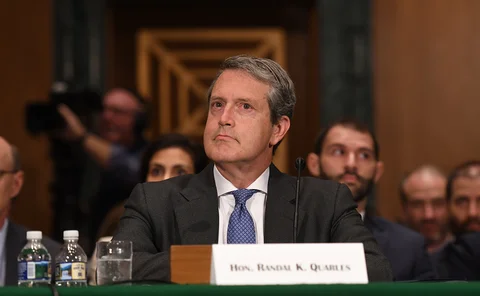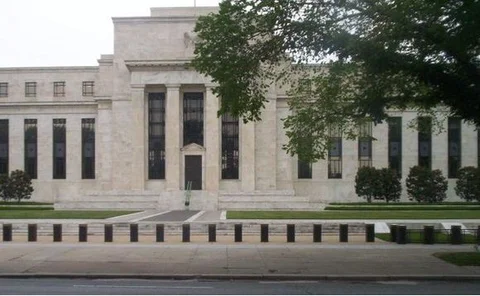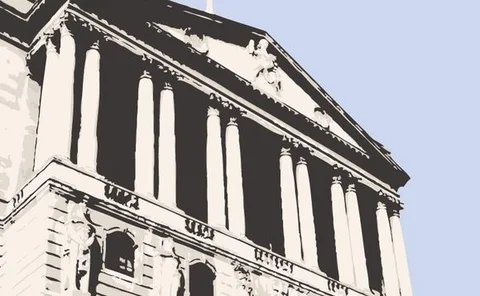Monetary aggregates
Fed officials reveal further details of balance sheet plans
Fed discusses letting assets fall off its balance sheet at the same pace as economic expansion
Central Bank of Iran may be forced to print money to pay government
Governor warns lawmakers that forcing CBI to pay monthly dividend is unwise
BIS’s Borio calls on economists to take money more seriously
Money is too often explored in isolation, or ignored completely, the BIS economist says
Angola improves data transparency with new hub
Statistics deemed “critical” by the International Monetary Fund will be published in one place
Oxford academic argues Milton Friedman is misunderstood
James Forder says Friedman had a bigger impact on neoclassical economics than on monetarism
Money matters for macro fluctuations – Fed paper
Working paper says previous research by Schularick and Taylor may have been flawed
RBA minutes drop hawkish language
Minutes of June meeting appear to contrast with recent remarks by governor Philip Lowe
Swiss reject radical monetary proposals
Less than a quarter of people vote for new monetary system; activist says vote has started a conversation
Switzerland weighs bold monetary experiment
On June 10, Switzerland will vote on whether to revolutionise its monetary system and hand the central bank a monopoly on money creation
Norges Bank does not rule out launching digital currency
Central bank publishes first phase of research, saying a digital currency could be an alternative to deposit money when cash usage declines
Denomination matters for banknote demand – paper
Bank of Canada paper finds people make different choices when holding high-value banknotes
Canadian deputy: inflation target renewal aids policymaking
A renewal period offers the bank a research opportunity to examine monetary policy framework; such research prompted a decision to maintain inflation target at 2%
Uzbekistan poised to float currency
From September 5, restrictions on foreign exchange trading will be lifted, paving the way for a new operational framework at the central bank
RBI launches economics blog
“Mint Street Memos” comprise brief reports and analysis from RBI economists; first post studies beneficial effects of demonetisation for “financialisation” of savings
“What would Allan say?”
Central Banking Publications founder Robert Pringle finds pearls of wisdom in his email correspondence with the late Allan Meltzer
Central Bank of Egypt hikes rate in bid to rein in rapid inflation
Inflation is starting to slow after impact of devaluation but is still running at close to 30%, the central bank says
Regulatory tightening has caused decline of money growth, PBoC official says
PBoC official says regulatory policy and monetary policy go hand in hand; recent flurry of regulatory activity is impacting monetary policy
Making the rules and breaking the mould (Allan Meltzer: 1928–2017)
John Taylor writes about the extraordinary life of a pioneering economist whose lifelong work defied traditional rules – but one who strongly advocated them for central banks
Central Bank of Egypt battles to contain devaluation impact
Inflation has rocketed since Egypt aligned official and black market exchange rates, forcing the central bank to take action
Monetary aggregates useful as eurozone inflation predictor – paper
“Predictive content” of monetary aggregates has improved since 2012, ECB paper says
BoE paper tackles ‘sectoral co-movement puzzle’
Adding labour market frictions and habit formation helps to solve the problem of models implying a monetary contraction produces little response in output
Policy-makers should base analysis on broad set of monetary aggregates, paper argues
Analysis of the stability of demand for components of monetary aggregates in the eurozone argues against reliance on a single measure, researcher says
State money and bank money: lifting the fog around QE
Steve Hanke says economists are missing important details by focusing on interest rates, rather than the money supply
BIS paper: money growth-inflation link weakens, credit link grows
Authors find money growth is less important in driving price changes, but credit growth is becoming a more critical factor in financial crises























